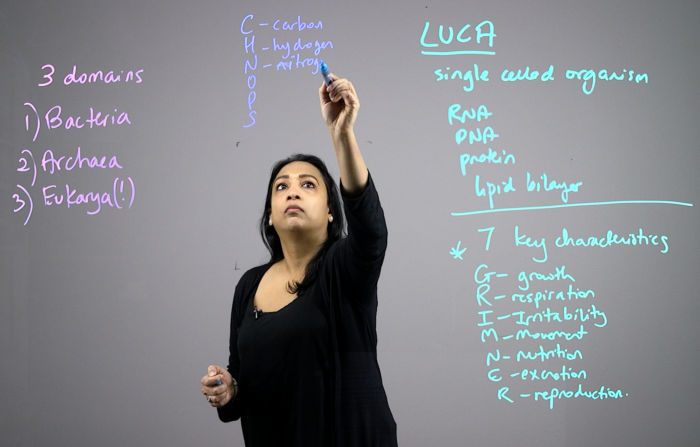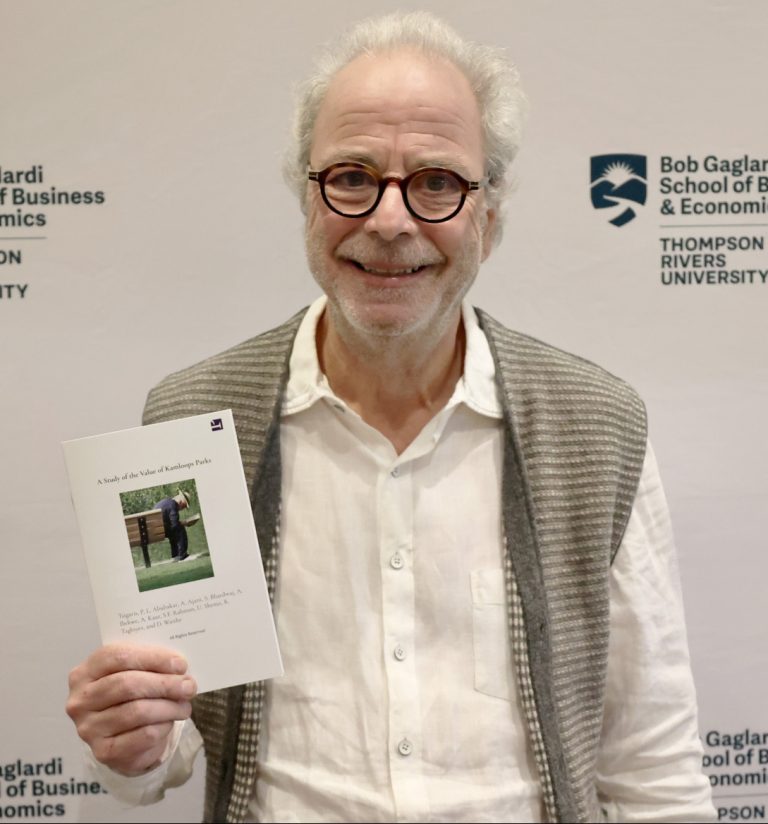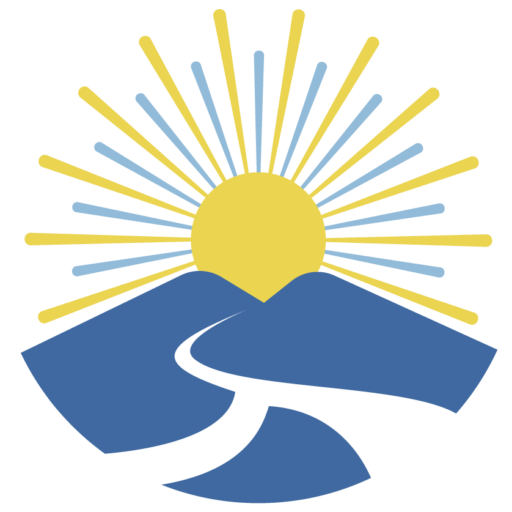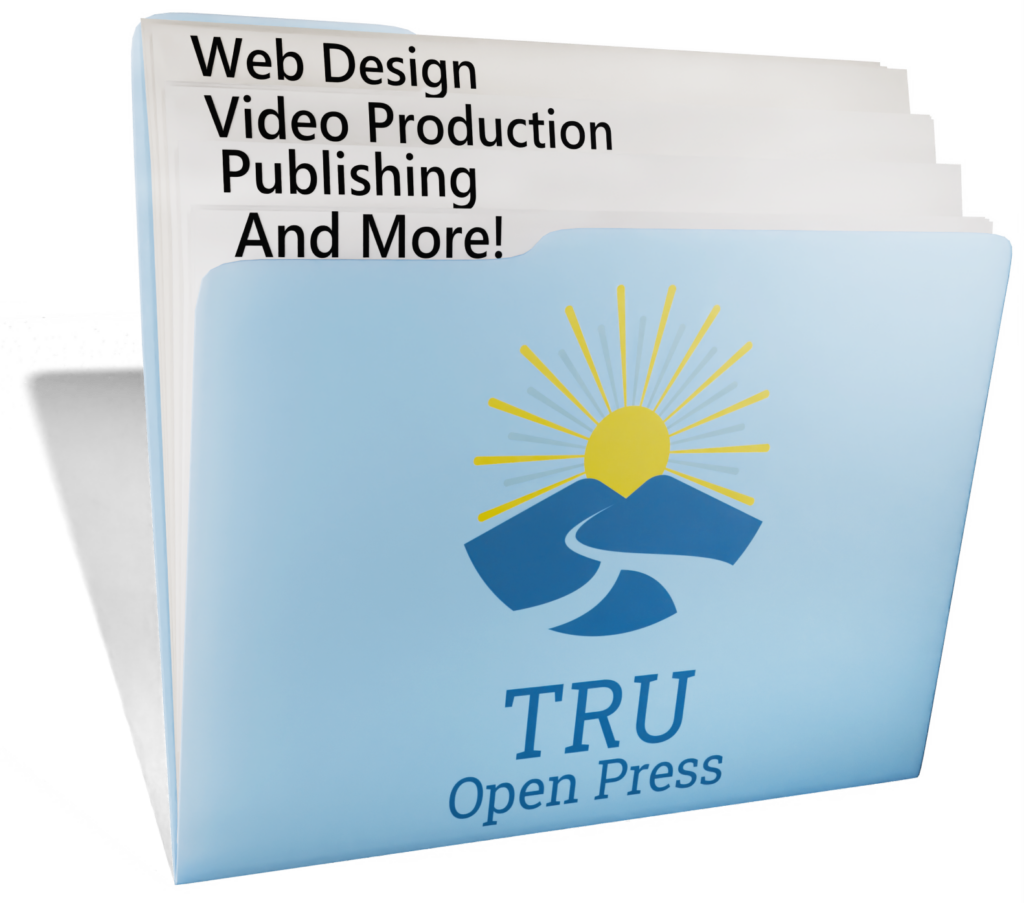OEP
Open Education Practices
We support 3 types of open practices for faculty, students, and community members.
Create
The Open Press supports a wide range of projects by providing both funding and a variety of expert services.
OP offers editing and copyright review, technical support with website and pressbook domains, assists with assessments and forms, and offers audio, video, and photo production.
Our digital design services cover diagrams, image creation, and infographics, ensuring that all educational resources are visually engaging and effective.
By leveraging our expertise and resources, we help project developers manage their workload efficiently, enabling them to focus on creating high-quality, accessible, and inclusive educational content.
Did you know that students often pay
more for learning materials than tuition? [Flaherty, 2023]
We’re here to help cut those costs.
How does OP support these projects?
Natasha Ramroop Singh created Chemistry for Biologists, a series of 20 videos to help first-year biology students learn basic chemistry concepts. These videos are available to watch on both the Chemistry for Biologists website and YouTube to maximize their reach.
What did we help with?
- Video production (including recording and editing)
- Website creation
- Promotion

More projects we supported
Have an idea for a project?
Teach
What’s open pedagogy?
OPEN — Open Educational Resources (OERs). According to UNESCO, OERs are “learning, teaching and research materials in any format and medium that reside in the public domain or are under copyright that have been released under an open license, that permit no-cost access, re-use, re-purpose, adaptation and redistribution by others.”
PEDAGOGY — The method and practice of teaching. According to BCcampus, pedagogy is “how we teach, rather than what we teach.”
Are your students interested in creating
resources for the community?
Your course may be a good fit for an open pedagogy project!
If your students are writing research essays, why not invite them to write short book chapters?
Peter Tsigaris and his students collaborated create The Value of Lakes Around the Secwepemc Territory. Instead of a typical research essay that only the professor reads, his students each researched and wrote their own chapter in a book. This published book, which introduced new research to the field, is now available for anyone to read and use.
What we helped with:
- Domain set up
- Copy editing
- Copyright review
The Value of Lakes Around the Secwepemc Territory
In the Shadow of the Hills: Socio-Economic Struggles in Kamloops
Navigating Climate Economics: Perspectives for a Sustainable Future




